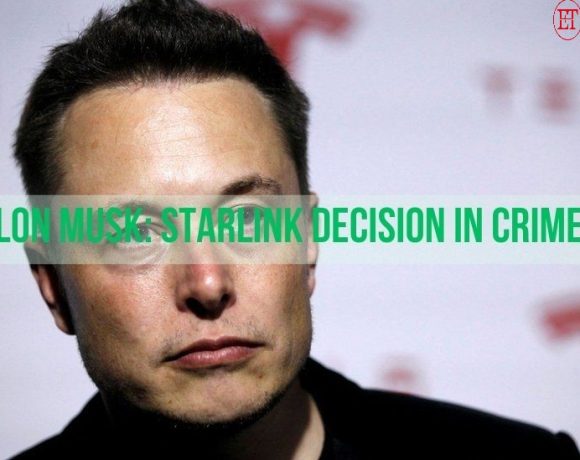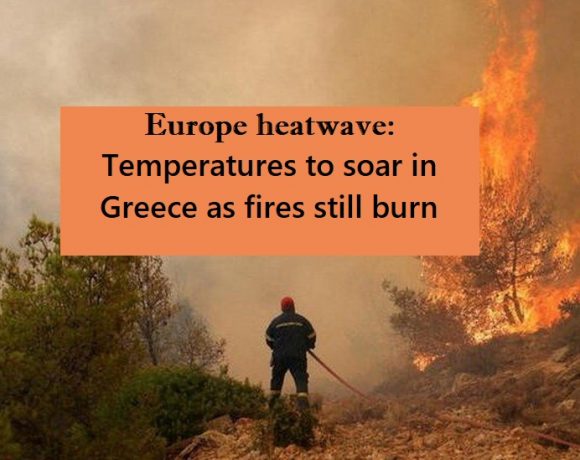
Elon Musk has stated that he refused Kyiv’s request for access to his Starlink communications network over Crimea to avoid being complicit in what he viewed as a significant act of war. Kyiv had urgently requested to activate Starlink in Sevastopol, a major Russian naval port. This decision came to light following claims in a biography by Walter Isaacson that Musk had deactivated Starlink to thwart a drone attack on Russian ships, which a senior Ukrainian official argued allowed Russian attacks on civilians.
According to the official, Musk’s refusal to allow Ukrainian drones to use Starlink led to Russian naval vessels launching Kalibr missiles at Ukrainian cities. The official questioned why some people were defending Musk’s actions, which he deemed as promoting evil and assisting war criminals.
The controversy emerged alongside the release of Walter Isaacson’s biography, which suggested that Musk had deactivated Starlink in Ukraine due to concerns that an ambush of Russia’s naval fleet in Crimea could trigger a nuclear response from Russia. Ukrainian forces had reportedly targeted Russian ships in Sevastopol with submarine drones carrying explosives, but they lost connection to Starlink, resulting in the drones washing ashore harmlessly. Starlink terminals connect to SpaceX satellites and have played a crucial role in maintaining internet connectivity in Ukraine amid the conflict.
Musk countered the book’s claims by stating that SpaceX had not deactivated anything, as Starlink had not been activated in those regions to begin with. He explained that there was an emergency request from government authorities to activate Starlink all the way to Sevastopol, with the clear intention of sinking most of the Russian fleet at anchor. Musk believed that complying with this request would make SpaceX explicitly complicit in a major act of war and conflict escalation.
Dmitry Medvedev, Russia’s former prime minister, supported Musk’s stance, suggesting that Musk was the last reasonable mind in North America if Isaacson’s account was accurate.
In the past, Musk had emphasized that Starlink was not intended for use in wars and had been primarily designed to provide internet access for peaceful purposes, such as education and entertainment. He called for a truce, expressing his belief that Ukrainians and Russians were sacrificing their lives for small pieces of land, which he considered not worth the cost of human lives.
Musk had previously generated controversy by proposing a plan to end the conflict, which included recognizing Crimea as part of Russia and allowing residents of seized regions to vote on their preferred country. This proposal received criticism from figures like Russian chess grandmaster Garry Kasparov, who called it morally flawed.
Picture Courtesy: Google/images are subejct to copyright

